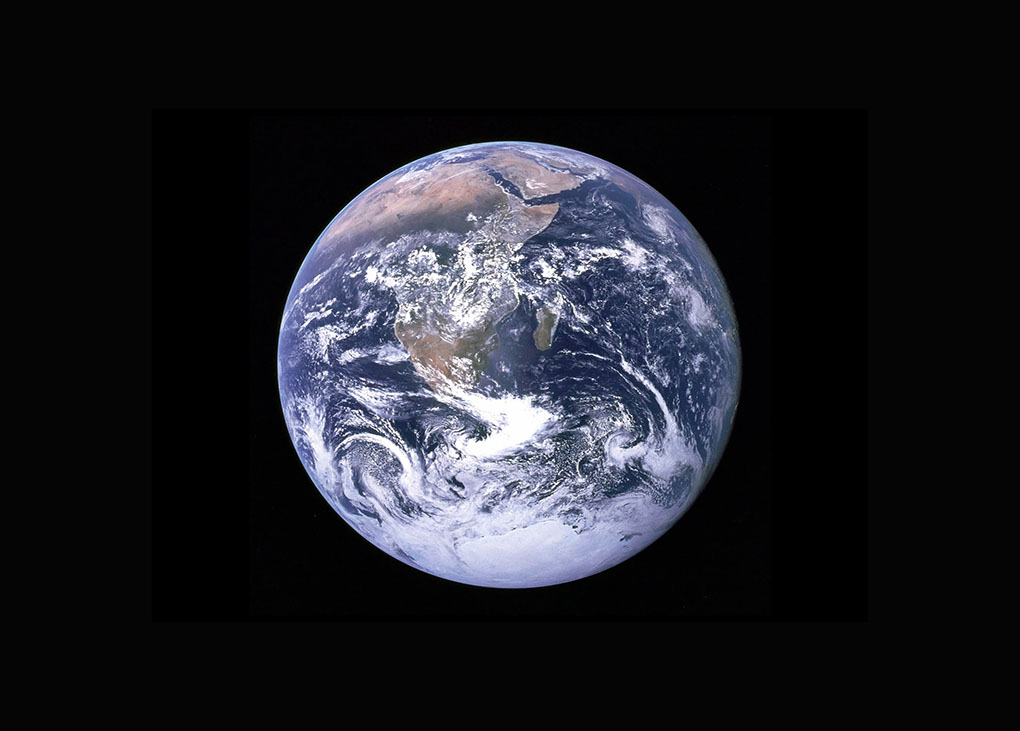As rising greenhouse gas emissions force the world to the brink of irreversible damage, scientists have delivered a “final warning” on the climate crisis.
The message was issued by a panel of the world’s leading climate scientists in the final part of the Intergovernmental Panel on Climate Change (IPCC) sixth assessment report.
According to the report, unless the countries of the world make an immediate and drastic shift away from fossil fuels, the Earth will likely cross a critical global warming threshold within the next decade.
The report says there is “a rapidly closing window of opportunity” to address climate change.
“This report is a clarion call to massively fast-track climate efforts by every country and every sector and on every timeframe,” says UN secretary general António Guterres. “Our world needs climate action on all fronts: everything, everywhere, all at once.”
The IPCC report took hundreds of scientists eight years to compile. It clocks in at thousands of pages, but its message can be distilled to a simple message: act now, or it will be too late.
The IPCC says global average temperatures are estimated to rise 1.5°C above preindustrial levels sometime around “the first half of the 2030s”. Beyond this point, scientists suggest the impacts of climate change, such as intense heat waves, crop failures and species extinction, will become much harder for humanity to handle.
In fact, the IPCC says the devastation has already been inflicted on large parts of the Earth. Extreme weather caused by climate change has led to increased deaths from intensifying heatwaves in all regions, many lives and homes destroyed in droughts and floods, millions of people facing hunger, and “increasingly irreversible losses” in vital ecosystems.
The report says the only way to change tack is to cut greenhouse gases by half by 2030 and stop emitting carbon dioxide altogether by the early 2050s. If those two steps are implemented, the world has about a 50 per cent chance of limiting warming to 1.5°C.
Practically, that means retiring fossil fuel infrastructure and cancelling planned projects. It will also require considerable expansion of wind and solar capacity, making cities friendlier to pedestrians and cyclists, and reducing food waste. All this amid an environment when global fossil fuel emissions set records last year.
Known as the synthesis report, the IPCC’s final instalment of the sixth assessment report is likely to be the last one issued while the world still has a chance of limiting global temperature rises to 1.5°C above pre-industrial levels.
Temperatures are now about 1.1°C above pre-industrial levels, the IPCC says. If greenhouse gas emissions can be made to peak as soon as possible, and are rapidly reduced soon thereafter, it may still be possible to avoid the worst ravages that would follow a 1.5°C rise.
“This synthesis report underscores the urgency of taking more ambitious action,” says IPCC chair Hoesung Lee, “and shows that, if we act now, we can still secure a liveable sustainable future for all.”
 Matt Dillon
Matt Dillon


Leave a Reply